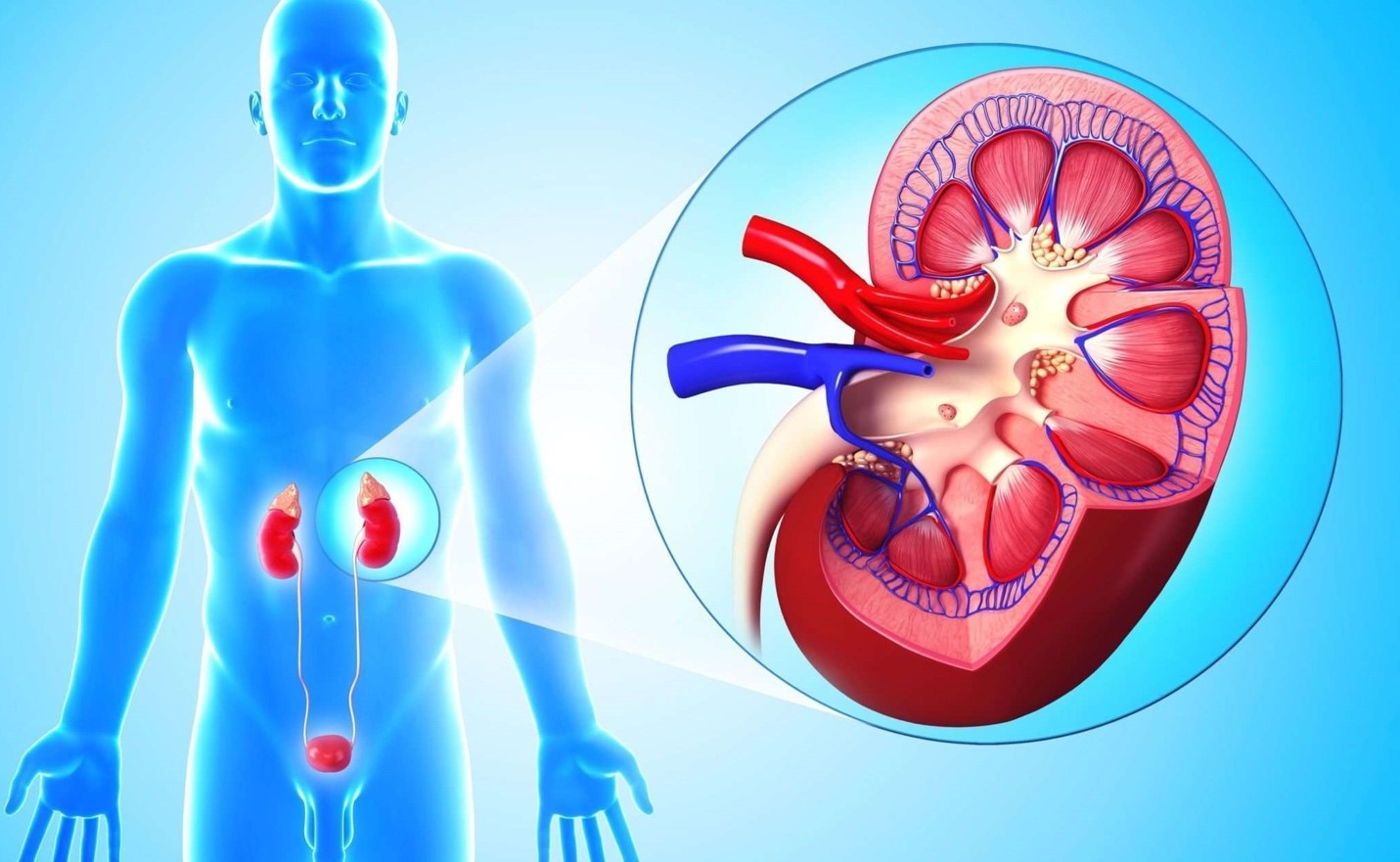Today around the world, several tens of millions of people are obese. Of these, 19% are children. 80% of them will remain obese with age.
The picture is frightening, we are gradually losing the culture of proper nutrition, preferring the convenience of convenience foods and “fast food” to quality homemade food. We spend more and more time in front of the TV and computer, instead of walking and playing sports. Children adopt these habits, which, of course, affects their health, the number of overweight children is steadily growing.

And this is not only an aesthetic, but also a serious medical problem, because obesity, like all diseases, has its consequences. The main thing is that obesity in children portends heart disease later in life. Those complications of overweight that were previously characteristic of adults are now developing in children: arterial hypertension, cholelithiasis (GSD), various types of carbohydrate metabolism disorders, including type II diabetes mellitus, osteoarthritis, high cholesterol levels.
For the child himself, psychological problems come first – peers ridicule of his appearance, offensive nicknames.
It is important to understand that obesity in children is not a congenital pathology. The concept of “congenital obesity” does not exist, therefore, excess weight is acquired, which means it can be prevented.
Where to start if the child looks clearly fatter than his peers? The most reasonable thing is to consult an endocrinologist, because obesity can be not only “food” (constitutional, genetic), but also a consequence of various diseases, especially the endocrine system. The causes of “endocrine” obesity can be: a lack of thyroid hormones, hypotomical syndrome, adrenal gland pathology, trauma to the central nervous system, and other reasons.
After examination and exclusion of medical reasons, you can begin to fight overweight. It will be better if at the first stages the diet is adjusted by a specialist, because at any age there are nutritional characteristics (calorie intake, food volume, and so on).
Obesity in children, as in adults, is classified by degrees. There are three degrees in total.
The first and second degrees are minimal and can be adjusted by diet and exercise. With the third degree of obesity (+ 50% excess weight), drugs can be introduced into treatment (in children at least 9-10 years old), and in some difficult cases, surgical techniques.
A child’s nutrition primarily depends on the eating habits of the parents. Hence the myth that the tendency to be overweight is inherited. In fact, it is often inherited from a lifestyle that contributes to obesity.
It is important to emphasize that “feeding” can begin from the first months of life, especially if the baby is bottle-fed. The main mistakes: dilution of food in a higher concentration than indicated on the package, non-observance of food volumes and feeding regimen.
For older children, the problem of overeating becomes relevant, when older relatives try to feed more and more satisfyingly, force them to finish eating if something is left in the plate. In between meals, treat them with a bun, cookies, sweets. But the child’s saturation center is still working well, and without pressure, he will eat as much as he needs.
The principles of healthy eating are not complicated at all:
Preference should be given to dairy products, fresh fruits, vegetables, cereals. The diet should contain soups, lean meat, legumes.
Sweets are best given in the form of dried fruits, honey, fruit jelly, a small amount of candied fruits, nuts (in the absence of an allergic reaction). The use of artificial sweeteners, sucrose in the diet, is highly undesirable. Sweets should not in any way reward a child for good behavior or appreciation.
Until the age of 9-10, it is not advisable to use spices, ketchup, mayonnaise, ready-made minced meat, semi-finished products, carbonated drinks, which is often the “sin” of residents of large cities.
Do not have the habit of feeding your baby in front of the TV, distracted, he may eat more than he wants.
Meals should be fractional, up to 4-5 times a day, it is better that the last meal ends 3 hours before bedtime.
Dear parents, remember that most weight problems in a child are acquired before the age of 10. It is in your power to do everything so that the child does not suffer from excess weight. In this sense, “childhood obesity” https://en.wikipedia.org/wiki/Childhood_obesity is a very gratifying disease, because the child continues to grow, his metabolism is increased, therefore, the sooner the diet is adjusted, the less the consequences in the future.



